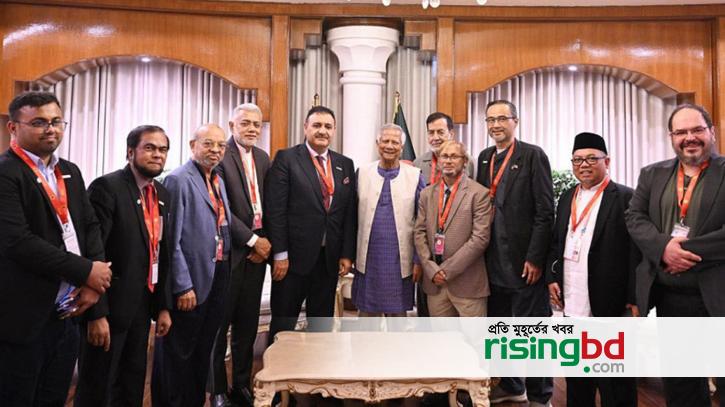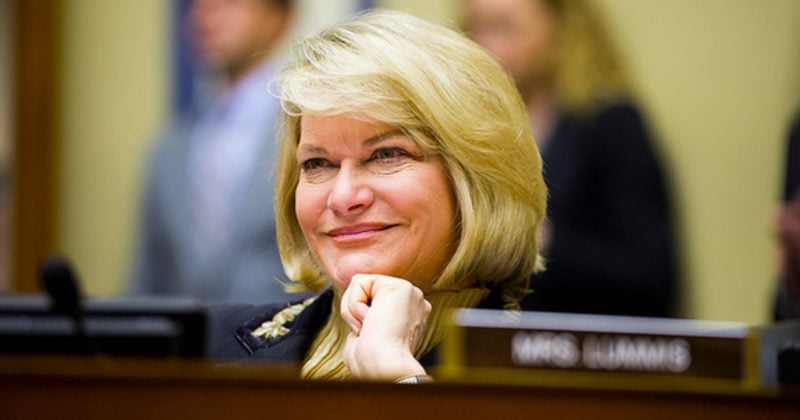In a move that has shaken Germany’s political landscape, outgoing Chancellor Olaf Scholz has cautioned against hastily banning the right-wing Alternative for Germany (AfD) party, despite a damning new report by the Federal Office for the Protection of the Constitution (BfV) labeling it as “extremist.” Scholz’s remarks, delivered on May 2, underscore the deepening political tensions in Berlin as the AfD’s popularity surges and the country prepares for a leadership transition.
Earlier that day, the BfV released a comprehensive report accusing the AfD of promoting racist, anti-migrant rhetoric and undermining Germany’s democratic values. This classification as an extremist organization allows the BfV to intensify surveillance on the party, subjecting it to the same scrutiny typically reserved for terrorist organizations like the Islamic State. The report’s findings open a legal pathway for potentially banning the AfD-a move that would mark a historic escalation in Germany’s postwar political history.
Yet Scholz, whose term is drawing to a close, urged caution. “I think this is something that cannot be rushed into,” he said when asked about the possibility of an outright ban. He reminded observers that the Federal Constitutional Court has consistently rejected similar attempts in the past, notably against the National Democratic Party (NPD), once Germany’s most infamous far-right group.
The NPD, which rebranded itself as “The Homeland” in 2023, withered under years of federal scrutiny and legal challenges but ultimately survived attempts at dissolution. It chose not to contest the 2025 German elections, signaling its near collapse. Scholz’s reference to the NPD experience serves as a sober reminder of the legal hurdles and potential political backfires inherent in attempting to eliminate a political party through judicial means.
The AfD, meanwhile, has reacted furiously to the BfV’s report, describing it as a politically motivated assault on German democracy itself. Co-leaders Alice Weidel and Tino Chrupalla issued a joint statement denouncing the move: “The AfD is the strongest party in current polls… Nevertheless, the AfD, as an opposition party, is now being publicly discredited and criminalized shortly before the change of government.”
Their outrage is not without context. A recent Forsa poll revealed that the AfD had overtaken the Christian Democratic Union (CDU), led by incoming Chancellor Friedrich Merz, as the most popular political party in Germany. This dramatic rise has rattled Berlin’s traditional parties and intensified the debate over how to confront the growing influence of the populist right.
Calls to ban the AfD reveal a dilemma for Germany’s political establishment. On one hand, allowing a party classified as “extremist” to continue operating freely appears dangerous to the democratic order. On the other, moving to ban it risks validating the AfD’s long-standing claim that the political elite is willing to bend or break the rules to stifle dissent.
Historically, Germany’s postwar constitution-the Basic Law-has provided mechanisms to ban political parties that seek to undermine or abolish democracy. However, it sets an extremely high bar for doing so. Two attempts to ban the NPD failed: once because of the use of state informants within the party, and later because the court found the NPD too politically irrelevant to pose a real threat to democracy.
With the AfD now polling as the largest political force, arguments of “irrelevance” clearly no longer apply. Yet precisely because of its size and growing base, banning the party could provoke a major political crisis, further fueling populist sentiment and possibly radicalizing its supporters.
With the new “extremist” classification, German security services can now place the AfD under comprehensive surveillance, including phone taps, undercover operations, and monitoring of financial activities. Individual members-particularly those holding elected office-could also face closer scrutiny. This designation also makes it easier to exclude AfD members from sensitive public service jobs, particularly within law enforcement, the military, and intelligence agencies.
However, critics argue that such measures could themselves be perceived as an attack on civil liberties. AfD leaders, and a significant portion of their voters, have framed the BfV’s move as proof that the political establishment is weaponizing state institutions against legitimate opposition.
The rise of the AfD reflects deeper disillusionment with Germany’s traditional parties. High levels of immigration, economic stagnation, and cultural anxieties have provided fertile ground for populist narratives. Many voters see the AfD not as extremists, but as the only party willing to challenge what they perceive as a complacent and self-serving political class.
Olaf Scholz’s Social Democratic Party (SPD), once a major force, has hemorrhaged support. Meanwhile, the CDU, traditionally Germany’s dominant center-right party, has struggled to define a coherent alternative to both the AfD and the Green-leaning left. The result is a fragmented and increasingly polarized political environment where voters seek radical alternatives.
As Chancellor Scholz prepares to leave office and Friedrich Merz assumes leadership, the new government faces difficult choices. Should they move aggressively against the AfD, risking backlash and accusations of authoritarianism? Or should they engage in political competition, hoping to win back voters through better policies and messaging?
Germany’s experience with the NPD shows that banning extremist parties is legally and politically treacherous. Scholz’s warning not to rush into banning the AfD reflects a strategic understanding: preserving democratic legitimacy may, ironically, require tolerating political movements that challenge it.
For now, the AfD remains defiant, buoyed by rising support and fueled by a growing narrative of victimization. Whether Germany’s democracy can weather this storm without compromising its own principles will be the defining political question of the coming years.
Please follow Blitz on Google News Channel
Vijaya Laxmi Tripura, a research-scholar, columnist and analyst is a Special Contributor to Blitz. She lives in Cape Town, South Africa.
scholz-warns-against-rushing-to-ban-afd-amid-rising-political-tensions














Leave a Reply